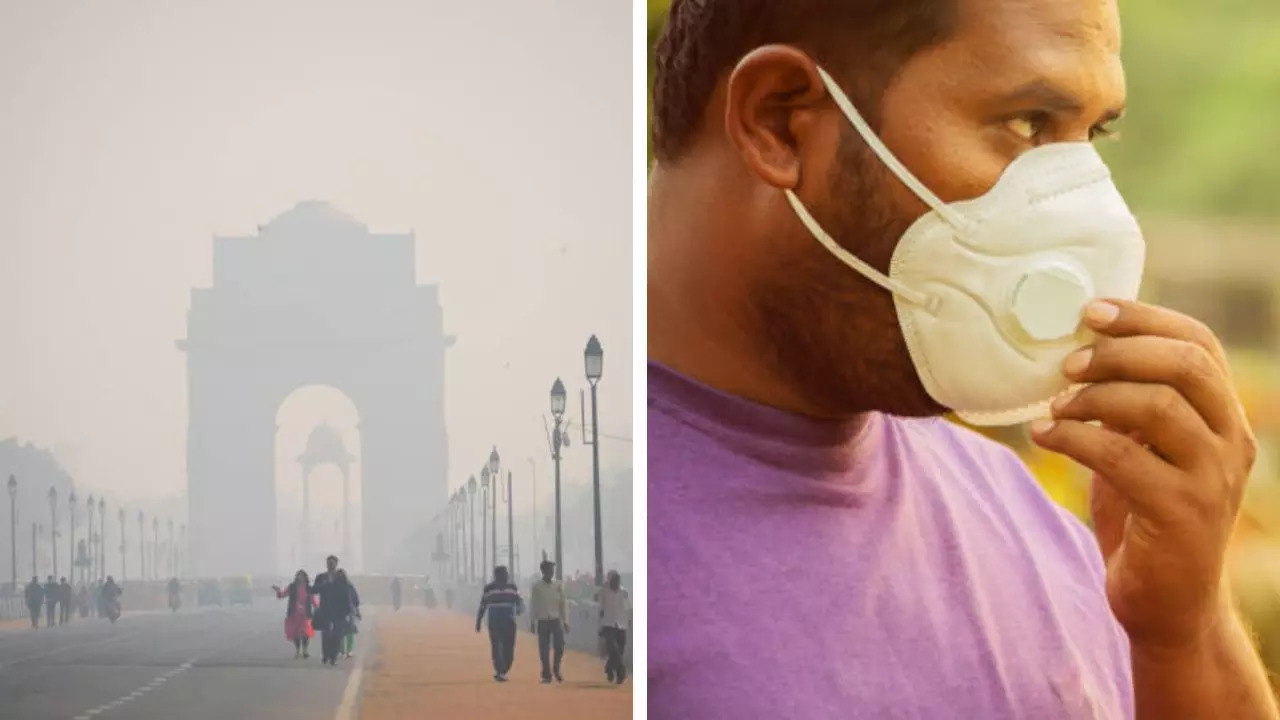At current pollution levels, residents could lose at least 8.5 years of their average life expectancy, even by India’s national standards.
Chronic air pollution in India’s capital could reduce the average life expectancy of its residents by more than a decade, according to a recent study. The Air Quality Life Index 2024 report highlights that New Delhi is one of the most polluted regions in the north, with its residents losing at least 12 years of their lives due to the poor air quality that plagues the city for most of the year.
The report, published by the University of Chicago’s Energy Policy Institute, warned that more than 1.8 million people living in the National Capital Territory or NCT, one of the most polluted areas in the world, are far above the health standards issued by the World Health Organization.
Delhi is the most polluted city in the world
According to the report, at current pollution levels, most of which are well above the standard air quality index, residents could lose at least 8.5 years of their average life expectancy, even by India’s national standards.
The report also names the city as having the dubious distinction of being the most polluted city in the world.
The study also notes that India’s annual PM2.5 limit is set at 40 micrograms per cubic metre, but more than 40 per cent of the population is exposed to air that exceeds this limit. PM2.5 (fine particulate matter that can penetrate deep into the respiratory system and cause breathing problems) pose a significant health risk and a major contributor to pollution levels.
How does air pollution affect your health?
Studies say Fine particles or PM 2.5 It is the air pollutant that causes the most significant health problems and premature mortality. In 2021, 97 percent of the urban population worldwide was exposed to concentrations of fine particles above the WHO health reference level.
According to doctors, air pollution poses a risk for mortality from all causes and for specific diseases. The specific diseases most closely linked to exposure to air pollution are stroke, ischemic heart disease, chronic obstructive pulmonary disease, lung cancer, pneumonia and cataracts. In addition, short-term exposure to fine particulate matter can trigger asthma, bronchitis and other respiratory infections. Doctors say that over time, it increases the risk of chronic obstructive pulmonary disease (COPD) and even lung cancer.
Other symptoms
Short-term exposure to air pollution also causes eye irritation, wheezing, coughing and shortness of breath, especially during physical activity.
What causes air pollution??
Harmful gases and particles in the air come from a variety of sources:
- Vehicle exhaust gases
- Smoke from burning coal or gas
- Tobacco smoke
- Agricultural activities
- Waste in landfills
- Escapes from factories and industries
- Mining operations
- Fishing fleets
- Forest fires
- Volcanic eruptions
Disclaimer:
The information contained in this post is for general information purposes only. We make no representations or warranties of any kind, express or implied, about the completeness, accuracy, reliability, suitability or availability with respect to the website or the information, products, services, or related graphics contained on the post for any purpose.
We respect the intellectual property rights of content creators. If you are the owner of any material featured on our website and have concerns about its use, please contact us. We are committed to addressing any copyright issues promptly and will remove any material within 2 days of receiving a request from the rightful owner.

